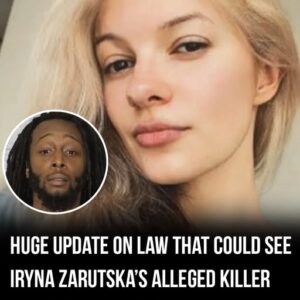Chicago Mayor Brandon Johnson has issued a bold executive order declaring the city an “ICE Free Zone.” He argued that the federal government is seeking a “rematch of the Civil War” by deploying harsh immigration enforcement tactics within cities like Chicago. Johnson’s order prohibits federal immigration agents from using any city-owned property—such as parking lots, garages, vacant land, and school grounds—as staging areas or operational bases for civil immigration enforcement.
Johnson framed the move as a defense of constitutional rights and local autonomy. He said that ICE agents have “violated our residents’ constitutional rights,” citing alleged instances of detaining local officials, tear-gassing protesters and children, and abusing city residents. “We will not tolerate that in our city,” he declared, stating that Chicago will stand firm “in protecting the Constitutional rights of our residents and immigrant communities.”
He also criticized what he described as the “extreme right” for refusing to accept the outcomes of the Civil War and for threatening to re‑ignite conflict. The mayor called for resistance against what he perceives as militarization of Chicago under federal pressure. He claimed the Trump administration is waging war against the city and that “militarizing our troops in our city … will not be tolerated.”
The White House reacted sharply, denouncing the order as a betrayal of law‑abiding citizens. A statement accused Johnson of shielding “violent criminal illegal aliens” and described his defense of “community trust” as disingenuous. The administration emphasized that enforcing immigration law is a federal responsibility and criticized local resistance.
Johnson’s order does not direct the Chicago Police Department to confront or arrest ICE agents who violate the directive. Instead, enforcement would be handled via legal action by the city’s law department.
This executive action comes amid heightened tension: President Trump has deployed National Guard troops to the area and threatened to invoke the Insurrection Act if local leaders obstruct federal enforcement. Trump criticized Chicago leadership for inaction on crime, saying cities like Chicago resemble “war zones.” The standoff underscores a broader constitutional clash over federal power, local sovereignty, immigration policy, and public safety.





